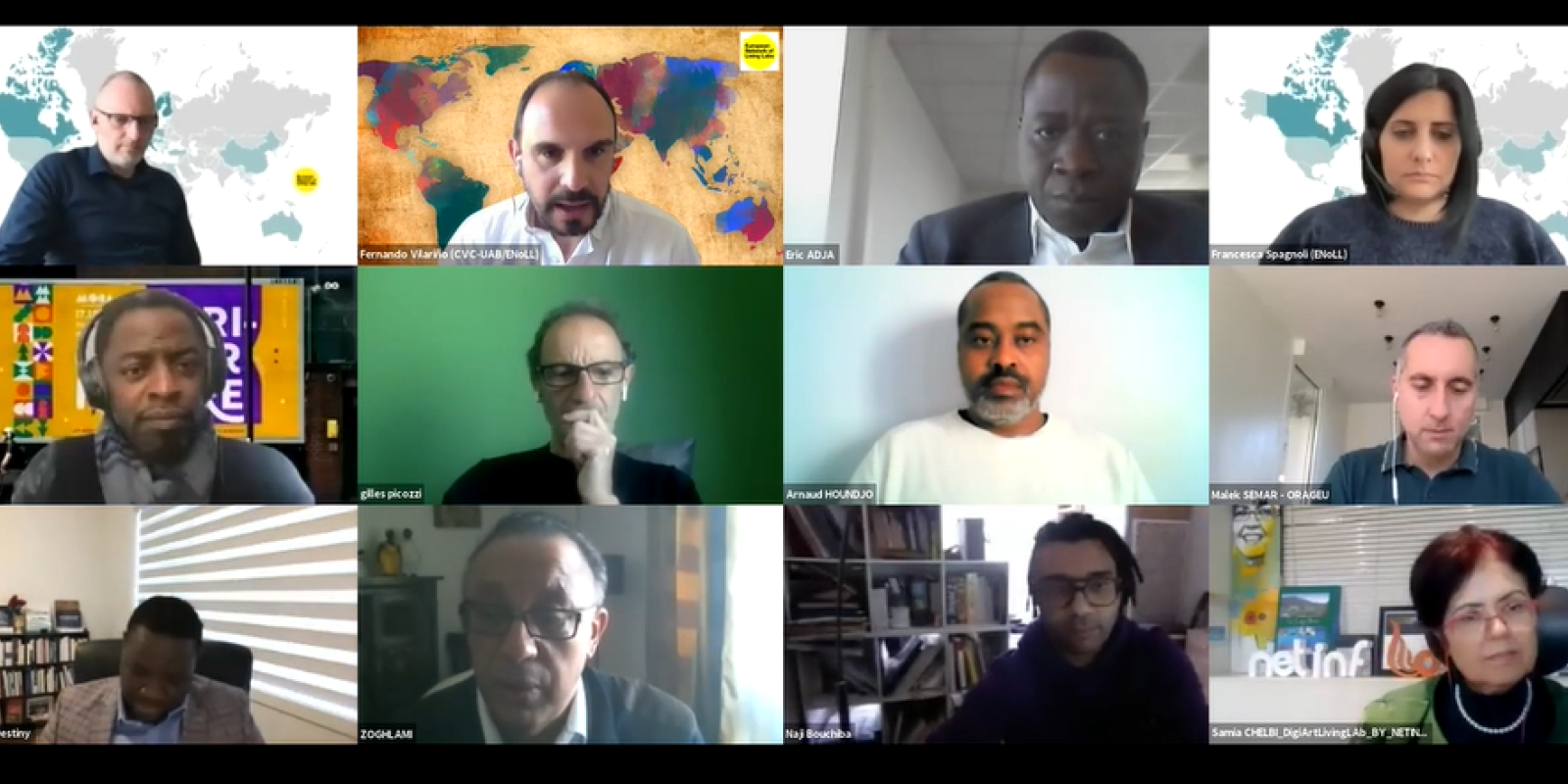
A New Era in the Fight Against Polio in Africa
As I prepare to step down from my role as acting director for the World Health Organization (WHO) in Africa, I find myself reflecting on the resilience and unity that have characterized our region's efforts to combat polio. The journey has been filled with challenges, but also significant breakthroughs that have required constant vigilance, courage, and adaptability.
The fight against polio is not just about eliminating a disease; it's about building stronger health systems and fostering trust within communities. Vaccines have proven to be powerful tools, yet the complexities of today’s world continue to pose obstacles. Now more than ever, Africa must assert its voice and leadership in global health, ensuring that decisions are bold, informed, and forward-thinking.
A Critical Moment for Global Health
An important opportunity lies ahead to renew our collective commitment to reaching every child, regardless of where they live. Achieving this would mark a monumental success for the entire world. Earlier this year, I had the chance to join a mission to Nigeria, a country that remains a critical front line in the global battle against polio. In 2025, Nigeria accounted for a quarter of the cases reported in the region, with 32 confirmed cases across ten states, primarily concentrated in the northern regions.
The mission was both sobering and inspiring. It reminded us that despite progress, variant poliovirus continues to circulate, threatening to undo years of hard work. However, it was also uplifting to witness the dedication of those working tirelessly to end polio, often under difficult conditions.
Cross-Border Challenges and Global Implications
Viruses originating from Nigeria have spread to neighboring countries and even some parts of the European Union. This reality underscores a crucial point: as long as polio exists anywhere, it remains a threat everywhere. My trip to Nigeria highlighted the scale and complexity of the challenges we face across the African region.
Conflicts and insecurity continue to hinder access to children who need vaccines. Health systems are stretched thin, with limited resources for essential services like immunization. Additionally, vaccine confidence is declining in some communities due to misinformation and distrust.
Everyday Heroes in the Fight
Despite these challenges, there are everyday heroes who are making a difference. Vaccinators travel long distances through difficult terrains, often facing severe security threats to reach every child. Community mobilizers use empathy and facts to counter misinformation. Government officials, particularly health ministers, lead with resolve and vision.
These frontline workers do more than deliver vaccines—they restore trust, build bridges, and drive the final push toward eradication. They are supported by innovative approaches developed through partnerships, such as the Global Polio Eradication Initiative.
Strengthening Outbreak Response
New plans are being implemented to strengthen outbreak response in regions like the Lake Chad Basin, Sahel, and Horn of Africa, which are currently experiencing outbreaks. These strategies emphasize cross-border coordination, recognizing that viruses do not respect national boundaries.
Over several decades, polio eradication has attracted widespread support, leading to significant progress, including the certification of the region as free of indigenous wild poliovirus in 2020. Swift responses to outbreaks of vaccine-derived poliovirus type 2 have also been critical.
Evolving Context and Future Strategies
Today, the context is changing. Traditional donors are gradually stepping back, and the global health agenda is expanding amid overlapping emergencies and priorities. These shifts demand greater efficiency, stronger country ownership, and regional solidarity.
At the WHO African Region, we are responding by strengthening outbreak response, improving country-level surveillance, and building long-term systems. The recent end of the polio outbreak in Madagascar demonstrates what is possible with strong local leadership, effective surveillance, and tailored, community-led campaigns.
The Role of National Laboratories
Sustained investment in surveillance remains vital. To this end, we are supporting the establishment and accreditation of new national laboratories across Africa. These facilities will enhance our ability to detect poliovirus quickly and accurately, strengthening Africa's capacity to respond to emerging public health threats.
This is the future: a public health system that is agile, locally led, and integrated. We cannot afford to be complacent, as the stakes are high. Every unvaccinated child poses a risk to their community and the world.
A Call to Action
It is time for all of us to rally behind the people doing the hard work on the ground. Countries need to invest in stronger health systems, better surveillance, and strategies that adapt to the realities of conflict, displacement, and misinformation. Let us finish what we started.
As I pass the baton of leading the WHO in the African region, I do so with deep gratitude to the thousands of vaccinators, surveillance officers, community leaders, scientists, and partners across the continent who make this work possible.
Our region stands at a crossroads, but also on a strong foundation. The path to a polio-free world is clear. We must walk it with renewed determination, together. Now more than ever, Africa's voice and leadership in global health must be bold, informed, and forward-looking.
This is our moment to ensure that the legacy of polio eradication is the end of a disease and the foundation for lasting public health for all.
Post a Comment